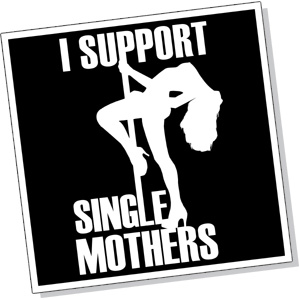“Ending Demand” refers to a number of initiatives aimed at the purchasers of sex, including diversion programs (John schools), advertising campaigns, shaming campaigns (photos and names printed and posted in public forums), and arrest of clients of sex workers. The model for many of these End Demand programs is the Swedish model, which has decriminalized the act of selling sex, but criminalized its purchase.
Noy Thrupkaew, contributing editor at The American Prospect and a former fellow at the Open Society Foundations, wrote an editorial in Saturday’s New York Times about the End Demand movement. She writes:
End-demand advocates’ prototypical victim — an abused teenage girl raised in the blight of the inner city and forced into the sex trade by an older man — does exist. But they disregard the fact that individuals, including boys, men and transgender people, enter the sex trade for a variety of reasons. The pimped girl who has inflamed the public’s imagination needs government services and protection, not to be made into a symbolic figure in an ideological battle to eradicate the entire sex industry, which, like many other sectors, includes adults laboring in conditions ranging from upscale to exploitative, from freely chosen to forced.
The Desiree Alliance has a good round up of the issues around the End Demand movement.They note:
- The Swedish model has not reduced the number of individuals trading sex, but it has made them more vulnerable to violence, less likely to negotiate safer sex, and seeing a decline in prices.
- Individuals “graduating” from John schools are not less likely to purchase sex in future.
- John schools also tend to stigmatize sex workers, emphasizing that sex workers are violent, diseased and drug addicted.
Most sex work advocates will tell you that decriminalization (not legalization, which implies regulation by the government) is the model that they would like to see happen. It would give sex workers greater freedom to screen their clients. It would allow them greater freedom in setting prices, in finding safe places to work, and in negotiating safer sex. This would mean that police officers, who end up abusing their power with sex workers, would not have the access to abuse and/or harass sex workers. This would allow sex workers to be protected by the police.
I do want to be clear here, though, that decriminalization of sex work may not be the first priority right now. Anti-trafficking organizations are pitching bills left and right which are going to make trading sex, benefiting from the monies of sex work, and aiding sex workers illegal. More on this soon…
So what do you think?











